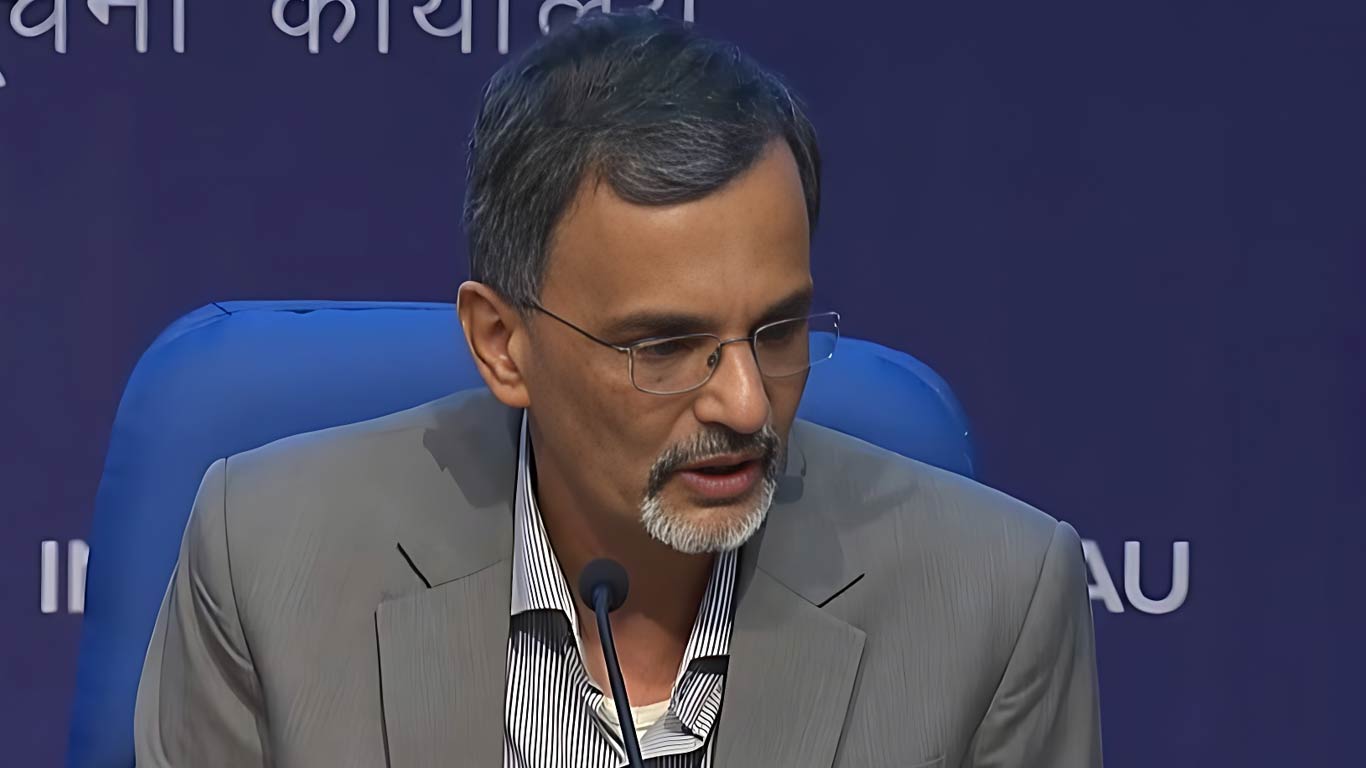Sovereign Credit Ratings Inconsistent, Not Transparent: CEA
Updated: Dec 22, 2023 04:15:13pm

Sovereign Credit Ratings Inconsistent, Not Transparent: CEA
New Delhi, Dec 22 (KNN) The Chief Economic Adviser (CEA) of India has criticised the sovereign credit rating methodologies employed by leading global agencies such as Fitch, Moody's, and Standard & Poor's, citing their opacity and failure to accurately represent the underlying economic fundamentals of the Indian economy, in a report released on Thursday.
The report strongly advocates for a rating upgrade, highlighting the inconsistency in India's sovereign ratings, which have remained static at BBB- over the past 15 years.
Despite ascending from the 12th largest global economy in 2008 to the 5th largest in 2023, with the second-highest growth rate among comparator economies during this period, the nation's ratings have not reflected this economic evolution, the CEA's office noted.
The BBB- rating by Fitch and Standard & Poor's is considered the lowest investment grade, with an equivalent rating of Baa3 by Moody's.
In the introduction to the report entitled "Re-examining Narratives - a Collection of Essays," Chief Economic Adviser V Anantha Nageswaran and Senior Adviser Rajiv Mishra articulated that "these ratings are important as they are binding constraints for developing economies, hindering their ability to attract necessary funds."
Calling for urgent reforms in the credit rating system, the report emphasises the need for ratings that genuinely reflect a developing economy's willingness to pay.
These reforms are expected to enhance the ability of developing countries to secure long-term financial resources from both domestic and international markets by significantly reducing funding costs, thereby supporting their development goals.
"Just as countries are obligated to be as transparent as possible with the rating agencies to be viewed favourably, the obligation must extend the other way around, too," the report stated.
The report additionally observed that credit rating agencies typically maintain an extensive database of globally recognised best practices, which they ostensibly depend on to formulate their assessments.
"This knowledge must be shared with the countries they rate so that appropriate action can be taken on a sovereign's part to improve its creditworthiness," it said.
Drawing parallels with India's success in improving its Ease of Doing Business ranking, the report highlights the role of two-way transparency and consultation.
India's substantial leap of 79 places in the World Bank's Ease of Doing Business ranking between 2014 and 2020 is attributed to periodic discussions and engagement with the World Bank, allowing the government to identify and address critical reform areas in a timely manner, the CEA’s office noted.
The report concludes that similar engagements with credit rating agencies can contribute to enhancing India's sovereign ratings.
It emphasises that transparency between parties can mitigate uncertainties faced by rating agencies, enabling more accurate assessments of a country's creditworthiness.
(KNN Bureau)












